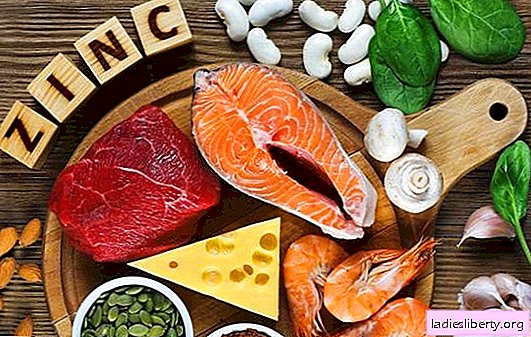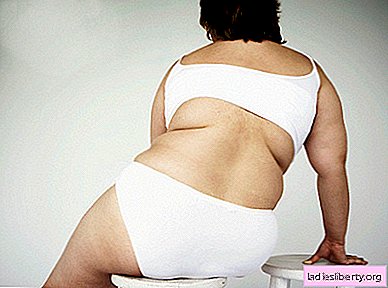
Zinc is required by the body in microscopic quantities. Lack of substance is manifested by frequent colds, memory impairment and a constant feeling of fatigue. Zinc is present in human tissues in small volumes. You can fill the mineral deficiency with food.
Zinc and human health
Everyone knows that iron deficiency provokes anemia and impairs blood composition. Iron is involved in the production of hemoglobin and supports metabolism. The problem is that consuming iron-rich foods does not always help solve the problem. The weakening of metabolic processes complicates the absorption of nutrients. Zinc normalizes digestion, activates metabolism and stimulates the absorption of iron compounds.
Zinc is on the list of one hundred trace elements that are absolutely necessary for maintaining health. The product activates protein metabolism, speeds up carbohydrate processing, regulates insulin production and strengthens the immune system.
The condition of the skin largely depends on the presence of zinc in the tissues. The substance accumulates in the bones, hair, muscles and iris. The element is part of bile and gastric juice.
The consumption of legumes and grains of deep cleaning inhibits the absorption of trace elements.
Some infections, kidney diseases, alcoholism, anemia, and heart problems slow down the absorption of the mineral in the tissue.
Stress, depression, and emotional arousal, lead to a sharp loss of nutrients.
Zinc deficiency
Most often, zinc deficiency is observed in pregnant women, infants and the elderly. Mineral deficiencies affect alcoholics, vegetarians, patients with blood disease and digestive disorders. Reception of diuretics and means of pressure reduction provokes the excretion of zinc from the body.
A micronutrient deficiency negatively affects health. Lack of zinc provokes memory loss, frequent colds, fatigue, developmental delay, acne, and vision problems. Chronic lack of zinc is manifested by degeneration of the eye, deterioration in taste, weakening of smell and the appearance of white spots on the nails.
What diseases does zinc help to cure?
Studies have shown that zinc as part of conventional therapy slows down the development of cancer cells. The mineral supports cell regeneration and resists mutations.
Zinc is necessary for the normal development of the skeleton and muscles of the child. The element supports reproductive functions, strengthens bones and ligaments. Calcium, copper, manganese and zinc are essential for the quality treatment of osteoporosis.
The trace element regulates testosterone levels and prevents the development of prostate cancer. Zinc deficiency provokes the appearance of erectile dysfunction and diseases of the reproductive system.
The substance normalizes cholesterol, reduces triglycerides and prevents strokes. Zinc cleans arteries, maintains blood composition, stimulates cellular metabolism. Trace is recommended to accelerate recovery after a heart attack.
The mineral strengthens the immune system and supports the production of antibodies. The product stimulates wound healing, counteracts viral and bacterial infections. Chronic fatigue can be a sign of a deficiency of nutrients.
Zinc helps treat flu, strengthens hair and supports healthy skin. Deficiency of the substance can manifest itself as frequent bruising and the appearance of skin diseases. Zinc deficiency provokes eczema, psoriasis and acne.
Zinc prevents early skin aging, fights with the herpes virus and fungal infection.
The list of useful properties can be quite long. The microelement normalizes digestion, regulates the production of gastric juice, and prevents diarrhea and constipation. The substance maintains the balance of electrolytes, stimulates estrogen production, strengthens the nervous system and prevents the appearance of age-related dementia.
Which foods contain a lot of zinc?
To overcome the deficiency of the substance, it is necessary to add foods saturated with zinc to the diet. It must be remembered that the trace element is required in very limited quantities. Excess substances are harmful as well as deficiencies.
Zinc is present in meat, offal, oysters, shellfish, and sea fish.
Vegetarians can make up for the lack of an element with herbal products. The substance is found in legumes, cucumbers, bananas, sesame seeds, pumpkin seeds, wheat germ, spinach, lettuce and other green vegetables.











